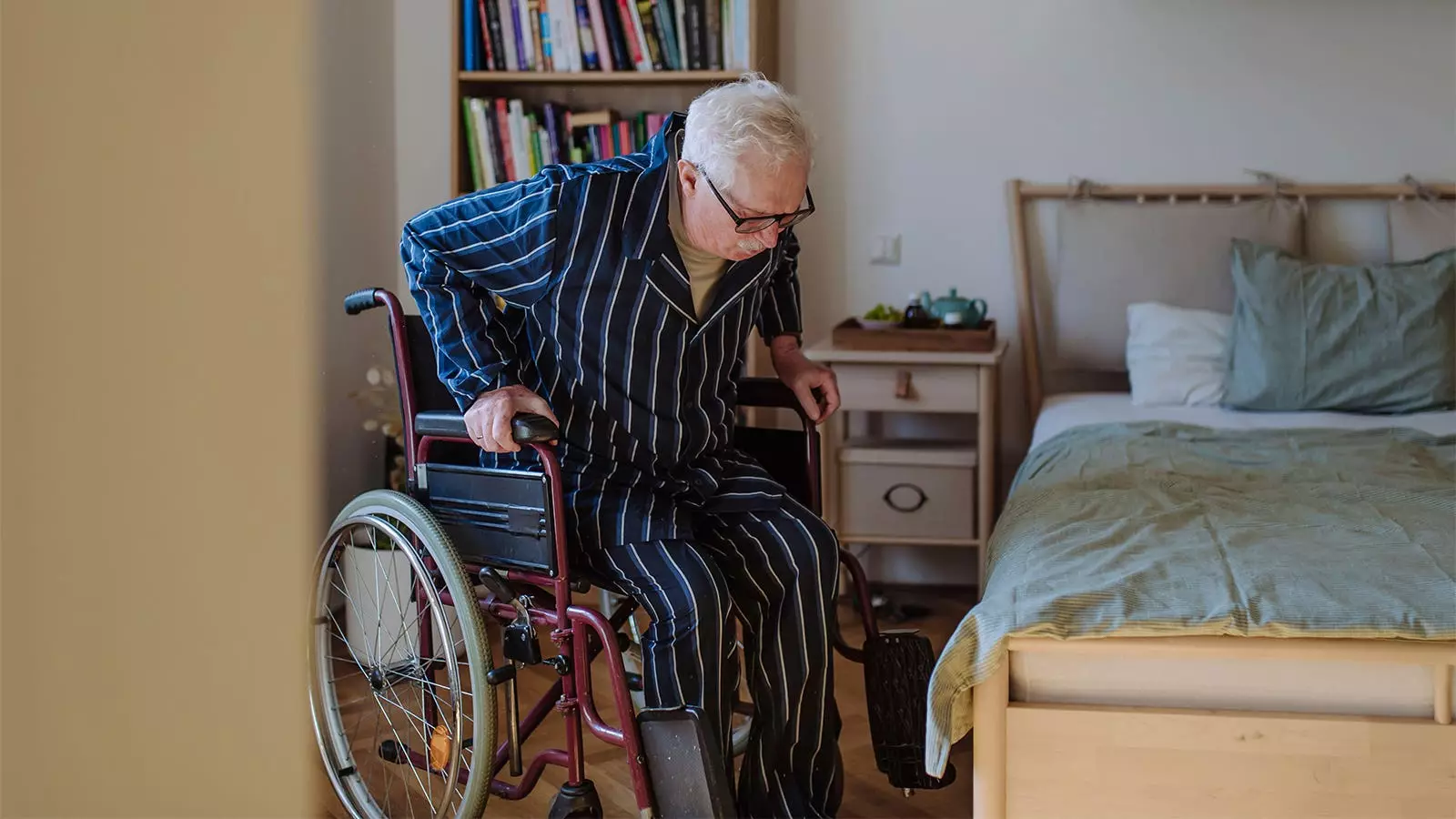In today’s society, where the media is saturated with bad news, important trends can often get lost in the noise. One concerning trend that is on the rise is the neglect and abuse of dependent persons. Neglecting the care of a dependent person can lead to serious criminal charges, such as those outlined in Pennsylvania’s statutes. The legal concept of negligent care of a dependent person criminalizes the neglect of individuals who require assistance due to physical or cognitive disabilities. Caretakers, including family members, healthcare providers, and nursing home employees, can be held accountable if they fail to provide the necessary care to preserve the health and safety of the dependent person.
Pennsylvania’s Act 53 broadened the scope of negligent care laws to include endangering the welfare of a dependent person, even if physical harm is not the result. Similar laws exist in other states, such as California and New York, to protect vulnerable individuals from neglect and abuse. High-profile cases, like those of Christann Gainey and Heather Pressdee, underscore the importance of proper training, supervision, and accountability for caretakers. These cases serve as a reminder of the need for stringent regulations to protect our most vulnerable populations.
A significant challenge in addressing negligent care cases is the power imbalance between caretakers and dependent individuals. Victims of neglect who are unable to communicate effectively due to disabilities or conditions like dementia are particularly vulnerable. The inability to express their suffering exacerbates the harm they experience, making it crucial for laws to encompass behaviors that endanger the welfare of dependent persons. With a significant increase in negligent care cases over the past decade, it is evident that more needs to be done to protect those who rely on others for their care and well-being.
The conversation surrounding negligent care of dependent persons calls for a recommitment to the protection and care of the most vulnerable members of society. Healthcare professionals, lawmakers, caregivers, families, and society as a whole must work together to ensure that the health, safety, and welfare of dependent individuals are prioritized and safeguarded. By addressing the urgent issues of neglect and abuse, we can build a society that truly values the well-being of all its members, regardless of their dependency status. It is time to move beyond the distractions of daily news cycles and focus on the essential task of caring for those who need it most.

Leave a Reply